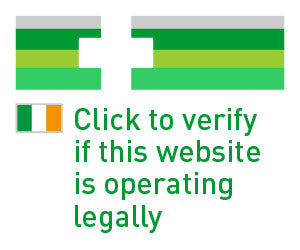Sinusitis – Hello Health Hub

What is sinusitis?
Sinusitis (sinus infection), is swelling of the sinuses, usually caused by an infection. Most cases of sinusitis are caused by viruses or bacterial infections. Fluid builds up in the air-filled pockets in the face and this allows germs to grow.
Sinus infections are very common and usually clears up on its own within 2 to 3 weeks. Medicines can help if it's taking a long time to go away.
Symptoms of a sinus infection:
Sinus infections are quite common after a cold or the flu. The main symptoms of sinusitis include:
- Facial pain - swelling and tenderness around your cheeks, eyes or forehead
- A blocked or runny nose
- A reduced sense of smell
- Green or yellow mucus from your nasal passages
- A sinus headache
- A high temperature of 38 degrees Celsius or more
- Toothache
- Bad breath
- Sore throat

Sinus infection treatments:
You can usually try treating mild sinusitis at home without seeing a GP by:
- Getting plenty of rest
- Drinking plenty of fluids
- Taking painkillers like paracetamol or ibuprofen - do not give aspirin to children under 16
- Holding a warm clean face cloth over your face for a few minutes several times a day
- Rinsing your nose with a salt water solution to ease congestion
A pharmacist can advise you about medicines that can help. These can include:
- Decongestant nasal sprays, drops or tablets to unblock your nose.
- Salt water nasal sprays or solutions to rinse out the inside of your nose
You can buy nasal sprays over the counter without a prescription. They should not be used for more than a week without consulting your GP.
When to talk to your doctor:
- your symptoms are severe
- painkillers do not help or your symptoms get worse
- your symptoms do not improve after 1 week
- you keep getting sinusitis
Your GP may be able to recommend other medicines to help with your sinus infection symptoms. These can include:
- Steroid nasal sprays or drops - to reduce the swelling in your sinuses
- Antihistamines - if an allergy is causing your symptoms
- Antibiotics - if bacteria is causing your symptoms and you're very unwell or at risk of complications
It is unlikely that antibiotics will be prescribed, as sinusitis is usually caused by a virus. Your GP may prescribe steroid nasal sprays or drops for a few months. They sometimes cause irritation, sore throats or nosebleeds.
Your GP may refer you to an ear, nose and throat (ENT) specialist if:
- these medicines do not help
- your sinusitis has lasted longer than 3 months (chronic sinusitis)
- you keep getting sinusitis


